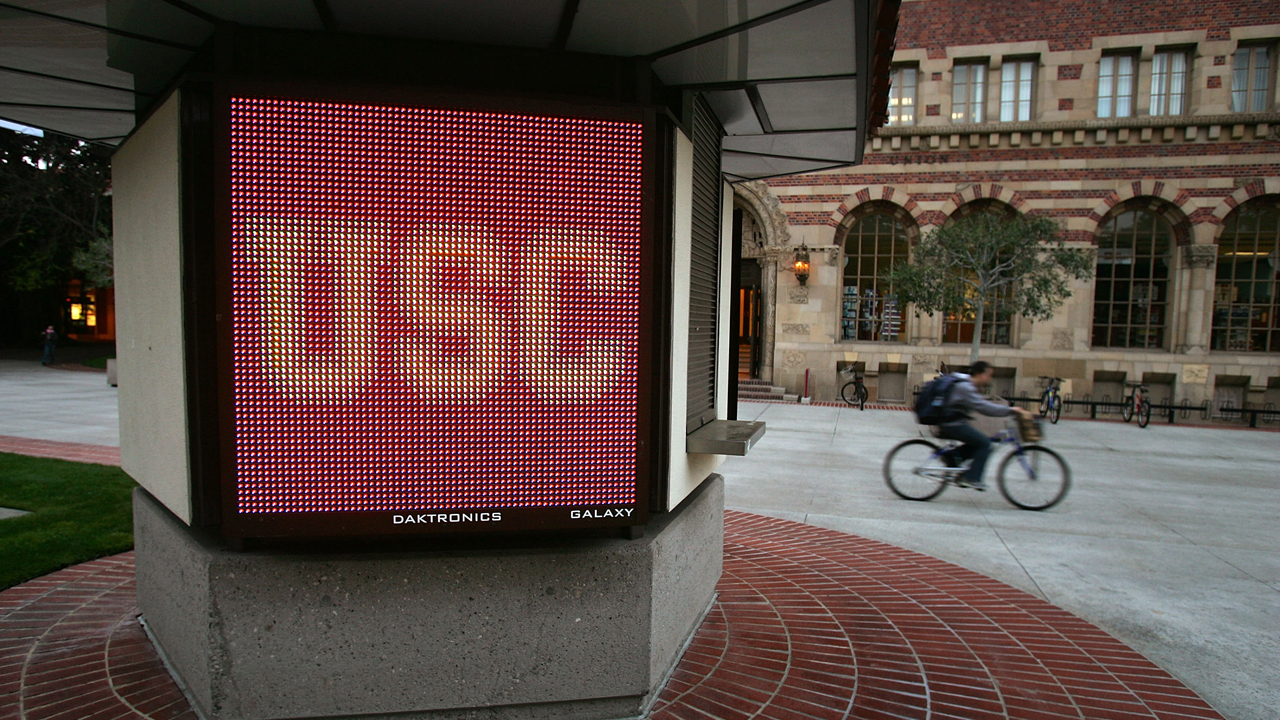
The former CEO of a top investment company who got nine months in prison in the college admissions bribery scheme asked a judge if he could begin his sentence at home because of the risk of catching the coronavirus behind bars.
Lawyers for Douglas Hodge said in a filing Thursday that the 62-year-old former CEO of the Pacific Investment Management Co. shouldn't be forced to go to prison in the middle of a pandemic. The Bureau of Prisons is already releasing people like Hodge who are older, vulnerable to the virus and pose no danger to the public, they said.
The virus has been rampant in prisons and jails across the country.
"The unprecedented and protracted health crisis posed by the COVID-19 pandemic, together with Mr. Hodge's particular vulnerability due to his age, provide the requisite 'extraordinary and compelling reasons' to justify such an action," they wrote.
Hodge paid bribes totaling $850,000 — from 2008 until 2012 — to get four of his children into the University of Southern California and Georgetown University as fake athletic recruits, prosecutors said.
Hodge, of Laguna Beach, California, is appealing his sentence, which is the harshest punishment handed out to any of the parents charged in the case so far. Hodge is supposed to report to prison May 4. If the court won't allow him to begin serving his sentence in home detention, he is asking to delay his report date until June 30.
Another parent, Hot Pockets heir Michelle Janavs, is also asking for home confinement instead of prison time because of the pandemic
She was sentenced to five months behind bars for paying the consultant at the center of the scheme, Rick Singer, $100,000 to have a proctor correct her two daughters' ACT exam answers. She also agreed to pay $200,000 to have one of her daughters labeled as a fake beach volleyball recruit at the University of Southern California but was arrested before she was formally admitted, prosecutors said.



